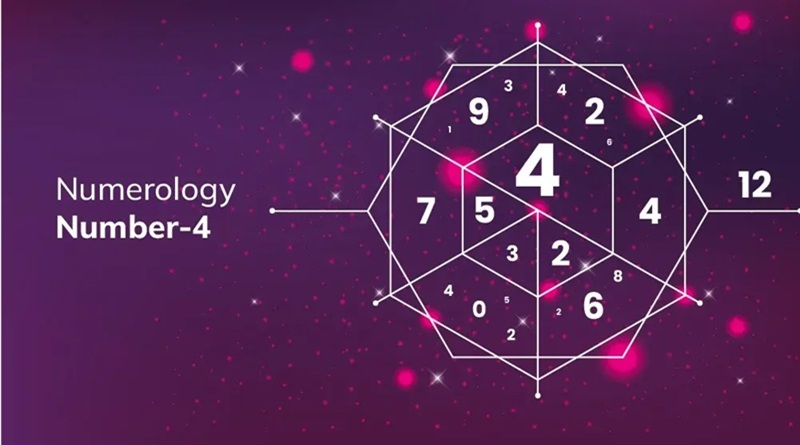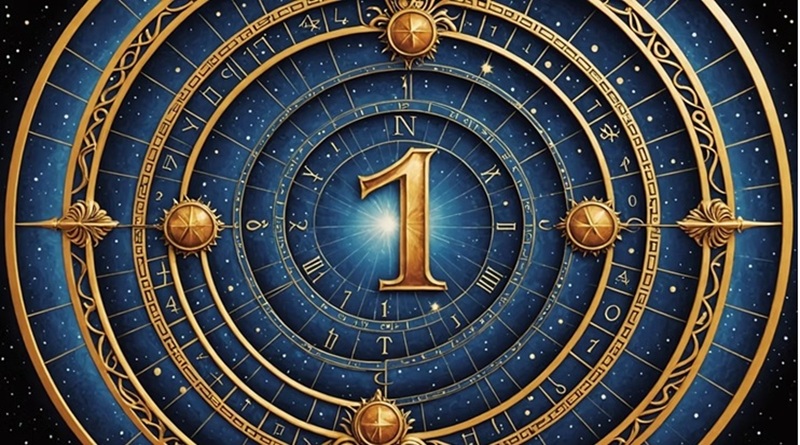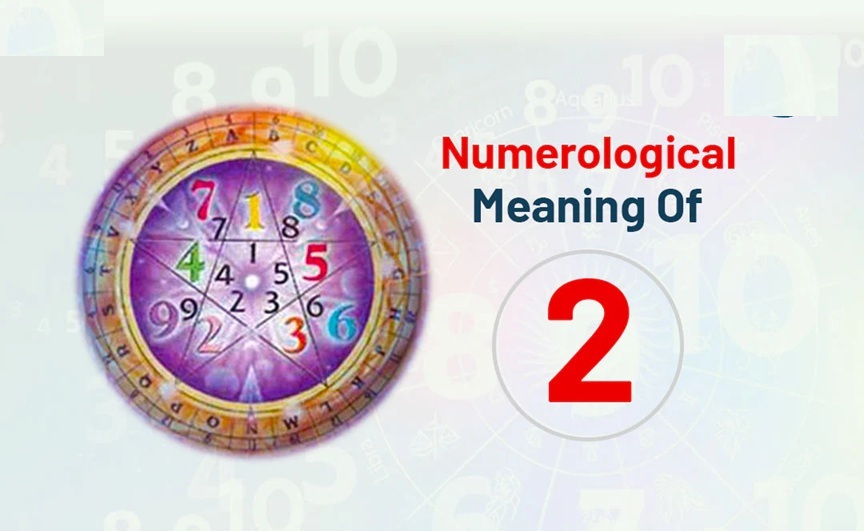Numerology: In Hinduism, many things related to Vedas, Puranas, major deities, religious scriptures etc. are based on numbers. Similarly, the number 4 is considered very important in Hinduism.
Numerology: Important things related to Sanatan Dharma are mentioned through numbers. Similarly, an important aspect of the diversity and depth of Hinduism is based on the importance of the number four. The number 4 is considered to be the main number of Hinduism. Because it is associated with principles, culture and spirituality as well as various aspects of life.
Let us know with authentic basis why the number 4 is so important in Hinduism (Importance of Number 4 in Hinduism)
Four Yugas: In Hinduism, the world’s time is divided into four yugas. Satya Yuga, Treta Yuga, Dwapar Yuga and Kali Yuga (present age).
Four Vedas: The most ancient and sacred texts of Hinduism are the Vedas which are divided into four parts:-
- Rigveda: It contains a collection of mantras and praises of gods.
- Yajurveda: It is a collection of mantras used in yajnas and rituals.
- Samaveda: Contains mantras praising the gods in the form of music and singing
- Atharvaveda: It is a collection of mantras for medicine, witchcraft as well as household rituals.
Four Nitis: There are four Nitis mentioned in Hinduism. Solution to every problem is possible through these Nitis which are as follows-
- Sam: To make peace through dialogue or agreement.
- Dam: To persuade by offering bribe or inducement.
- Danda: Use of punishment or force.
- Bhed: Solution of a problem by division or manipulation.
Four Aims of Life: These four aims of Hinduism guide human life, which are as follows-
- Dharma (Morality)
- Artha (Prosperity)
- Karma (work)
- Moksha (liberation)
Four Types of Food: ‘Khadaya’ as diet, ‘Piya’ as drink, ‘Leham’ as food-diet and ‘Sushan’ as digestion.
Four Stages of Life: These four stages are the four parts of life which are as follows-
- Brahmacharya: focus on education and obedience to one’s own rules.
- Grihastha: Family, married life, career, and social duties.
- Vanaprastha: Stage of retirement from social duties towards procreation and dharma of the children.
- Sannyasa: Complete withdrawal from spiritual pursuits and worldly affairs.
Four Speeches
- Omkar: Omkar is a spiritual sound, symbolizing the primal and almighty Brahman.
- Form: The sound of form is the origin of everything. It is said to be the form of Brahman.
- Ukar: U is the sound that speaks about wealth. This sound symbolizes Goddess Lakshmi, the goddess of wealth, prosperity, property and good fortune.
- Mkar: Mkar is the sound of knowledge, which is considered to be the symbol of Goddess Saraswati, the goddess of knowledge, learning, and arts.
Char Dham: Four pilgrimage sites related to Lord Vishnu located in four directions are considered important in Hinduism, which are as follows-
- Badrinath in Uttarakhand – North direction
- Rameswaram in Tamil Nadu – South direction
- Jagannath Puri in Odisha – in the east
- Dwarka in Gujarat – in the west.
Four Living Beings
- Aquatic animals: Aquatic animals mean aquatic animals that live in water. Such as fishes, crabs and other aquatic insects.
- Nabhachar: Nabha-praani means creatures that fly in the sky. Like- it includes birds, insects that fly in the air.
- Terrestrial: Terrestrial animals are found in the upper layer of the earth. Such as grasshoppers, ants, germs etc.
- Amphibious: Amphibious or vertical creatures live on the earth’s surface. Like humans, animals, birds, insects etc.
Four Times of Day
- Morning- before sunrise and till sunrise.
- Afternoon (Dopahar) – From 12 noon to 3 pm.
- Evening: Before sunset and till sunset.
- Night- from after sunset till midnight.
Disclaimer: The information provided here is based on beliefs and information only. It is important to mention here that swadeshisamachar.com does not confirm any kind of belief, information. Before implementing any information or belief, consult the concerned expert.




